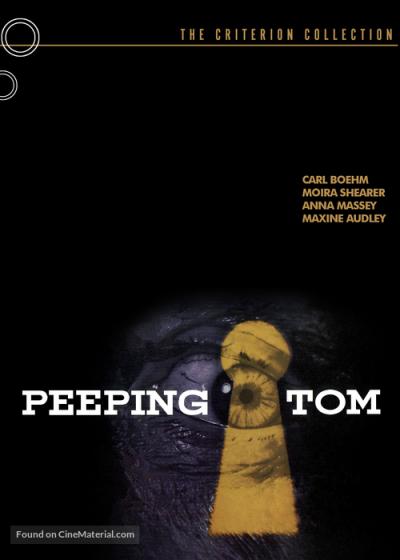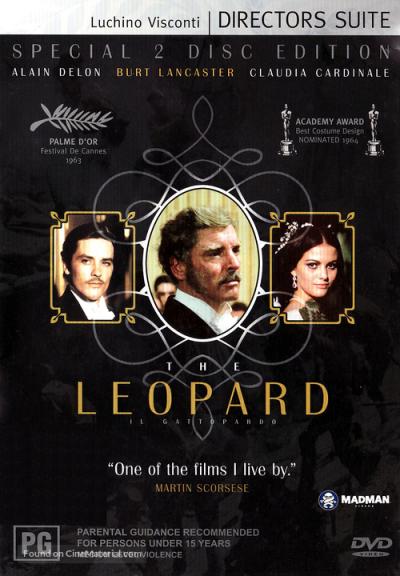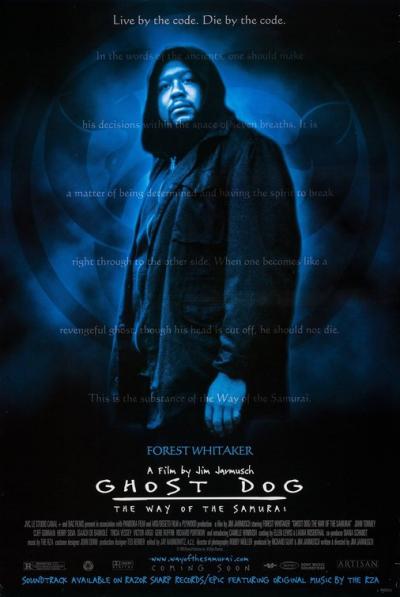dir: Luchino Visconti
1963
The Leopard, based on the novel of the same name by Giuseppe Di Lampedusa, is a beautiful, languid film that slavishly follows the source material so as to not miss a single scintillating second of Sicilian magic. Only a Marxist director who was an aristocrat himself could so painstakingly reconstruct such a story about the decline of the aristocracy in Italy after the Risorgimento of the 1860s. So a classic story about the death of a way of life, of an entire people, becomes a classic film in the hands of the right director.
The acclaimed Italian director made plenty of other films, some as good and some worse (The Damned comes to mind), but few are as magnificent as The Leopard. The title itself comes from the coat of arms of the Prince Fabrizio di Salina’s prestigious and illustrious family. In the film he is played by Burt Lancaster, that most Italian of movie stars.
Oh, wait a second, he’s not Italian. How can he play a Sicilian aristocrat in that case? With great difficulty, perhaps?
Well, Burt Lancaster was of that generation of actors, like Kirk Douglas, like Gregory Peck, Robert Mitchum, Anthony Quinn, Charlton Heston: guys that could play anything and usually did, and made it look easy. This isn’t even the only film he’s played an old Italian in. He played an even older one in Bertolucci’s epic shemozzle 1900 (Novecento). I can’t comment on whether he’s a great actor or not, but I can say he physically embodies the role of the Prince in a way that perfectly matches the character from the book and which greatly aids the film’s credibility.
Sure, he doesn’t get to deliver the actual dialogue (in the Criterion Collection version, it is an Italian dub, with everyone speaking in their native tongue and being dubbed afterwards, which is not unusual since all dialogue used to be dubbed in post-production all the time), but the way he carries himself and behaves beautifully matches the story and the character. He walks, speaks and expresses himself with the crushing weight of history on his shoulders, of his noble ancestors lamenting his lack of effort at preserving their power in a changing world.
He is the perfect patriarchal patrician: benevolent to his family, to the people who still act like his subjects, to the people arriving who intend to replace him. Deeply thoughtful, opposed to the superstitiousness and backwardness of ‘his’ people, he loves the lands his family ruled with a fierce love. He understands that there are forces of change at play that he cannot stop, but neither does he want to make it easy for them.
Though he has a large family of his own, the apple of his eye is his nephew Tancredi, played by that sexy motherfucker Alain Delon, who doesn’t let the fact that he’s French stand in the way of playing the rakish Sicilian character. Tancredi, as you might predict, embodies the new era: he’s broke, but he’s adventurous, and he’s excited about the changes coming, and seeks to be a part of it.




